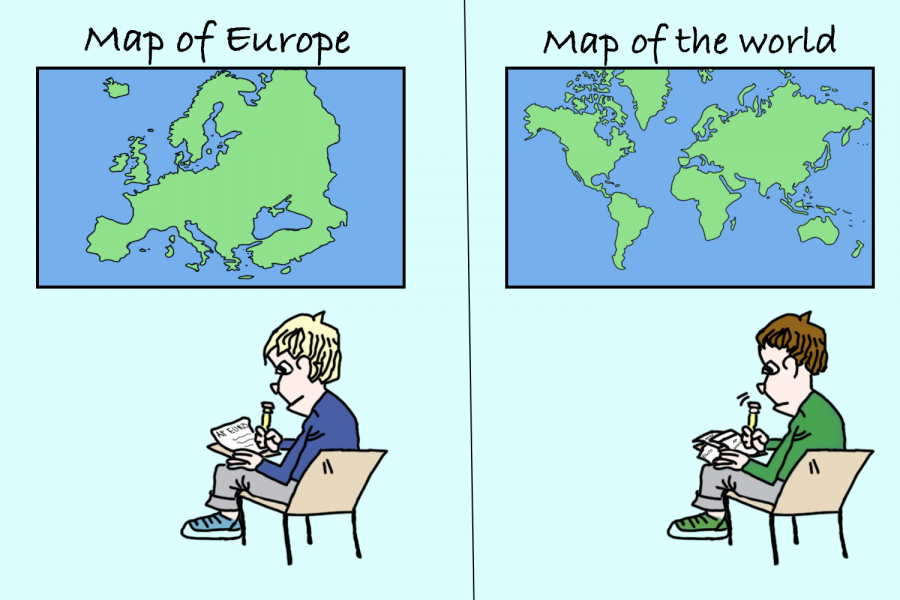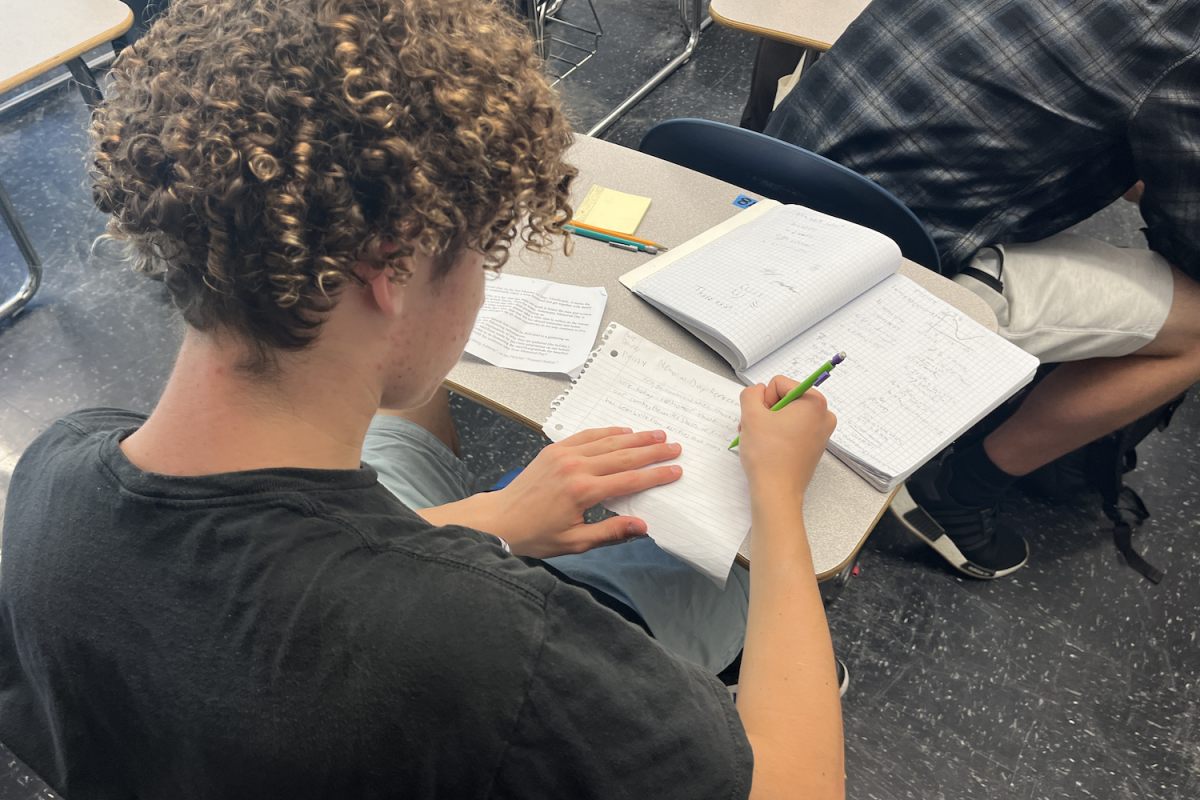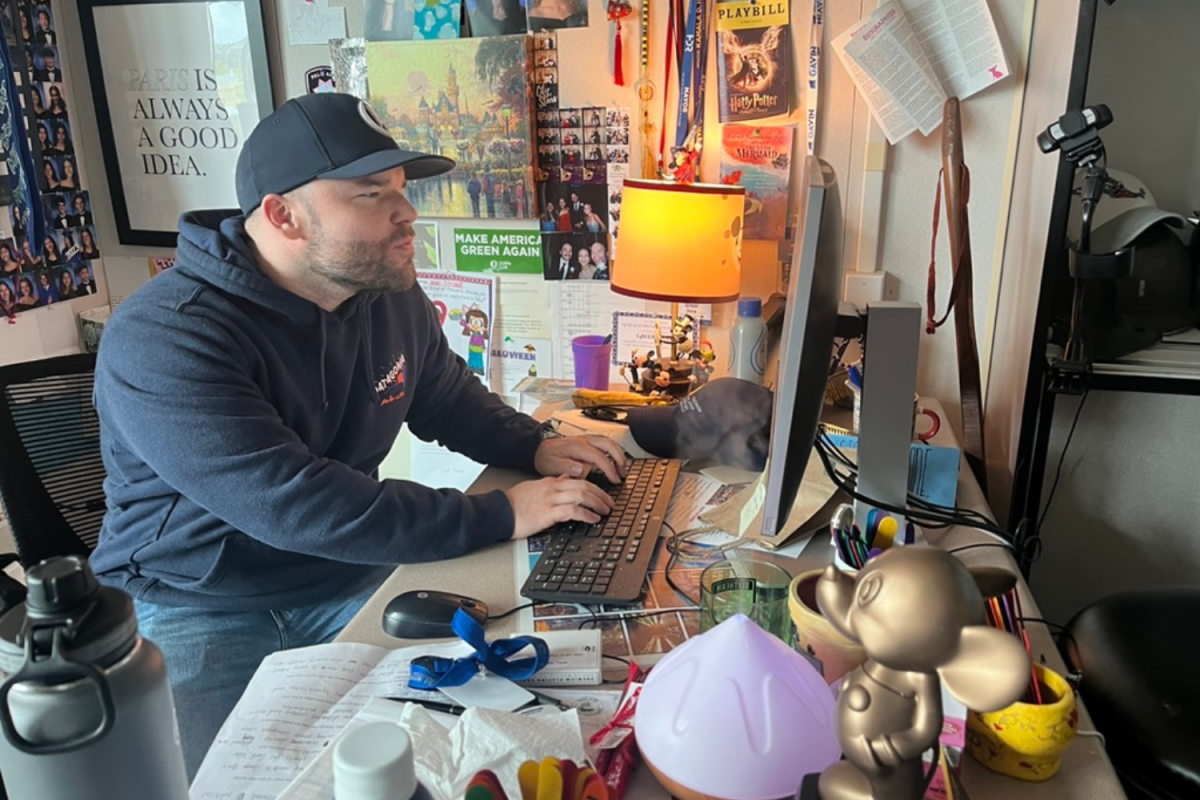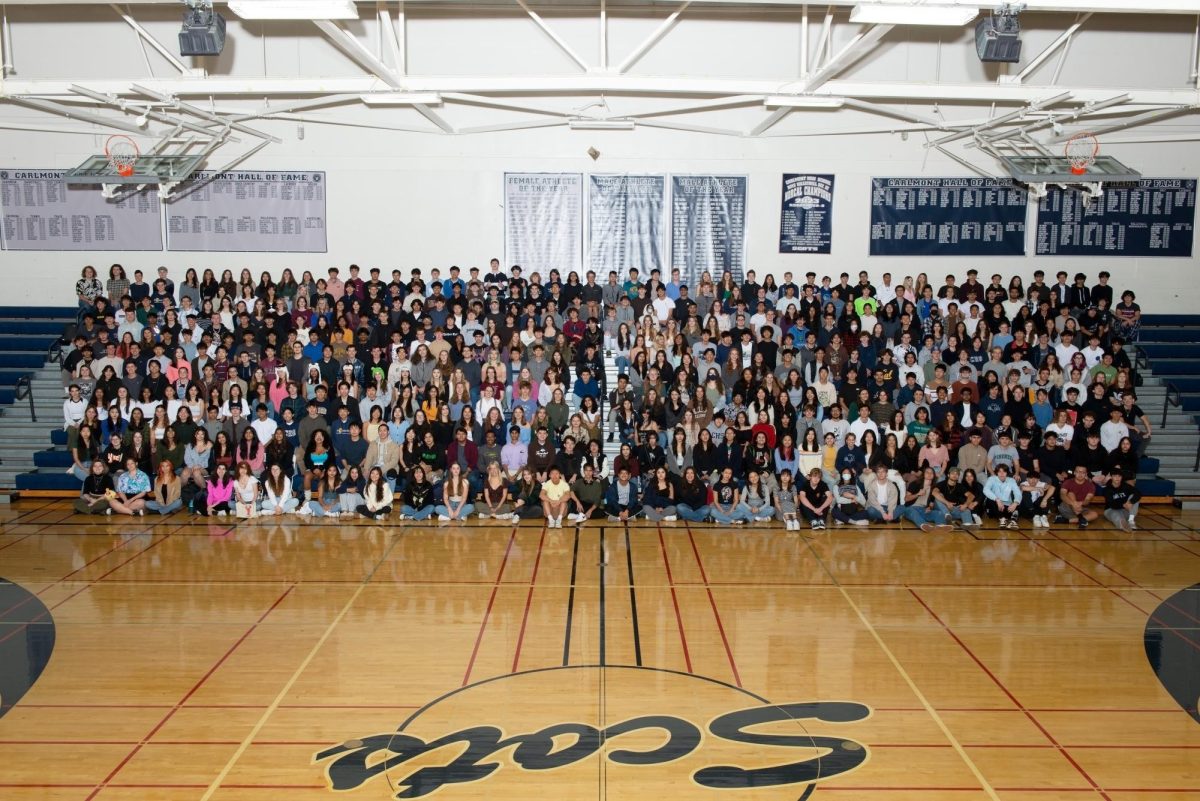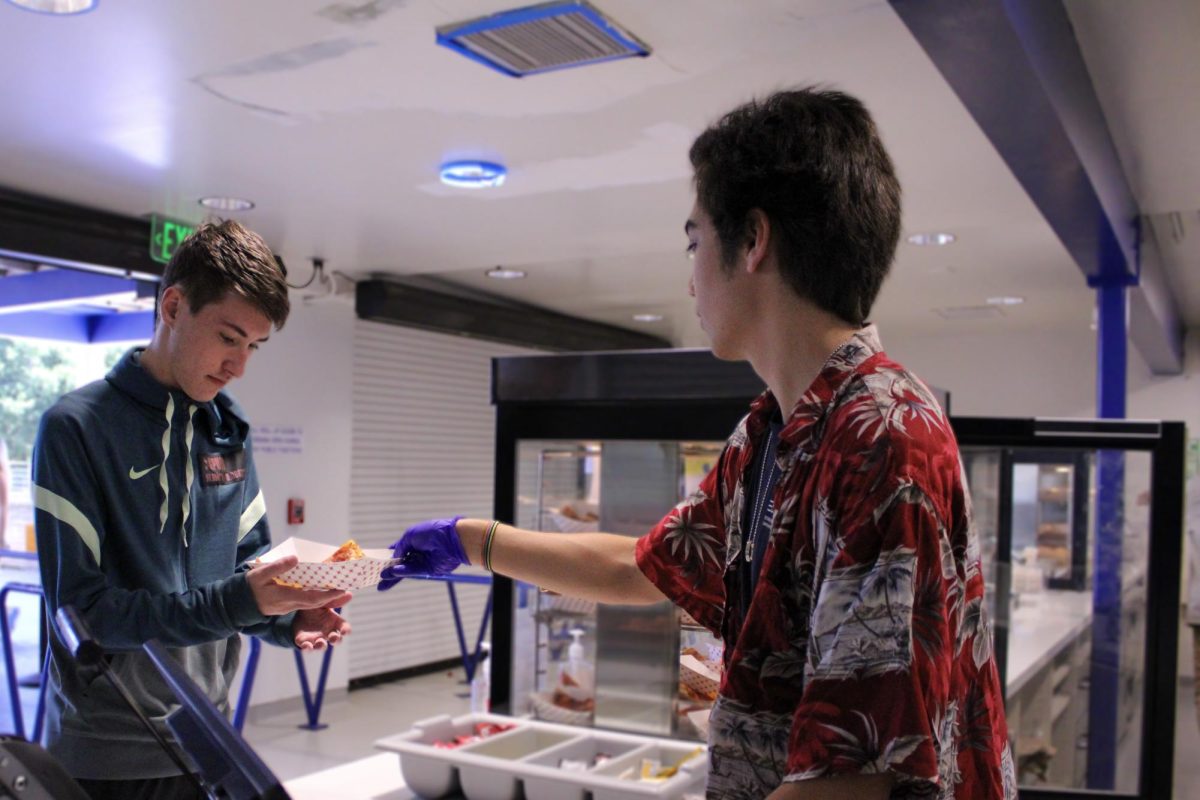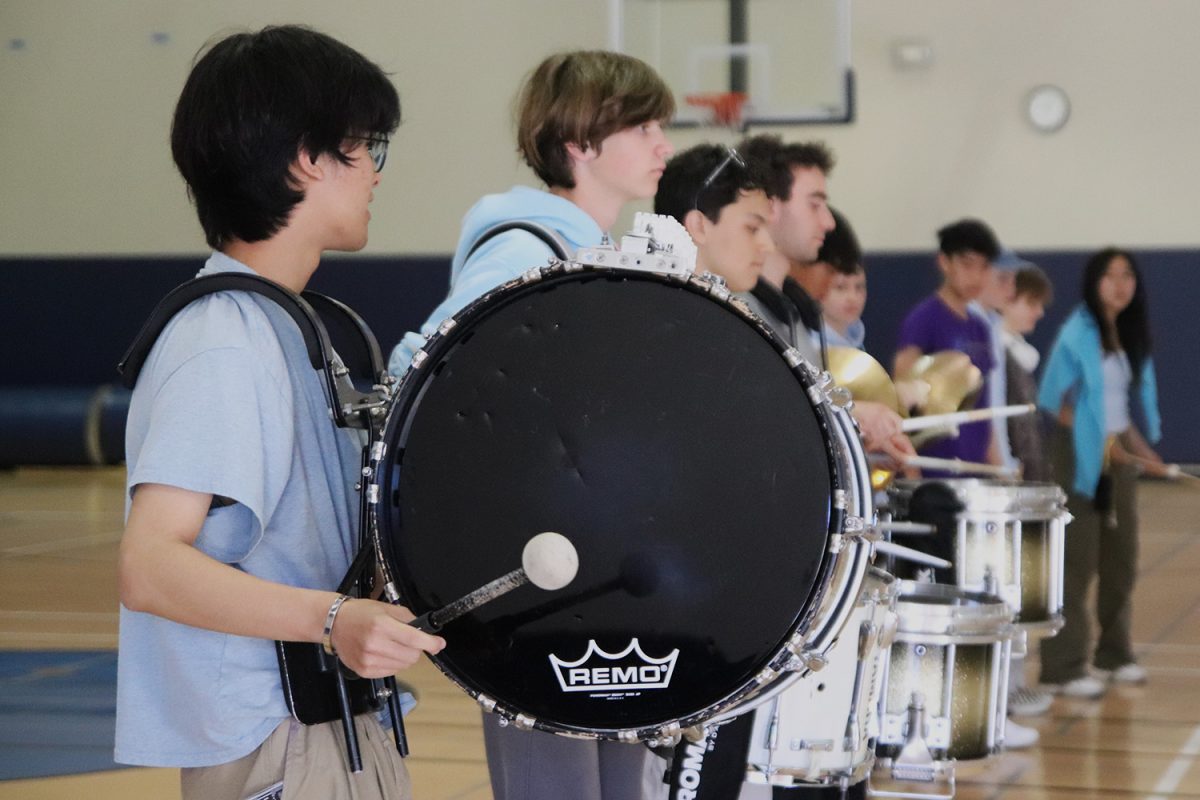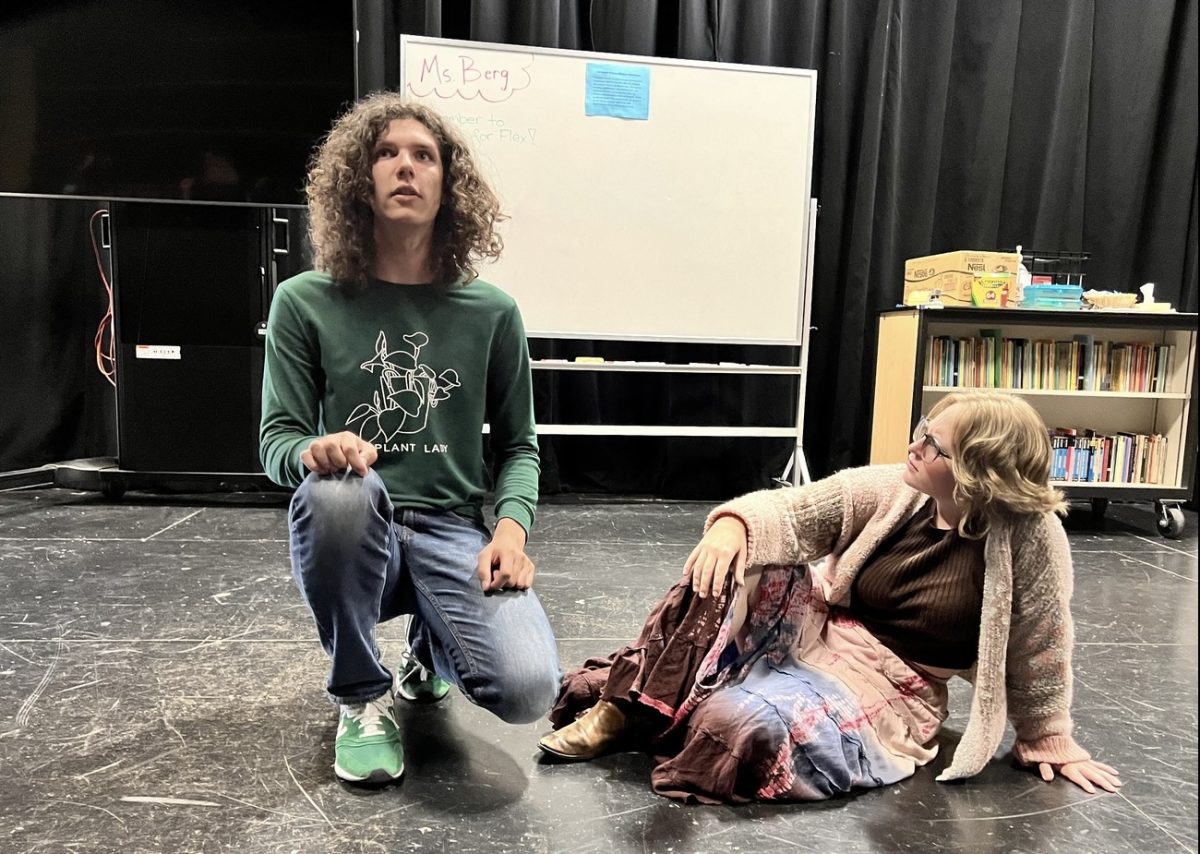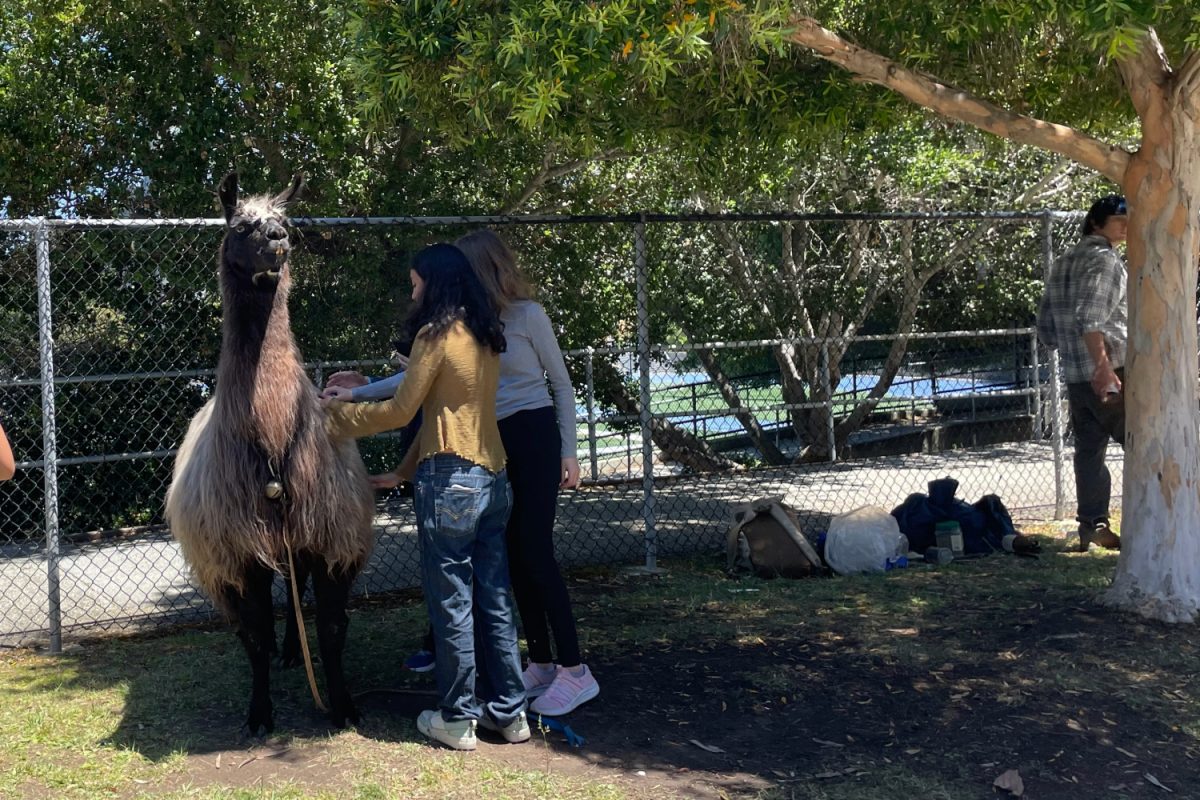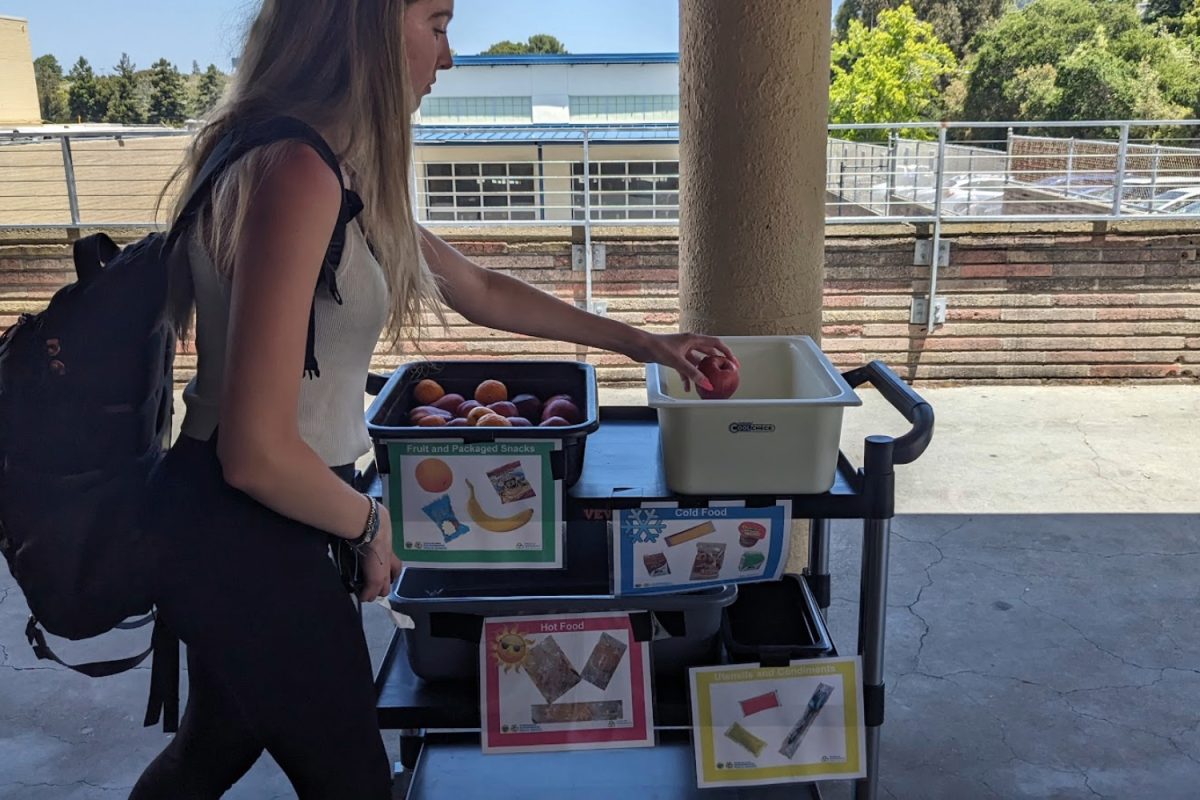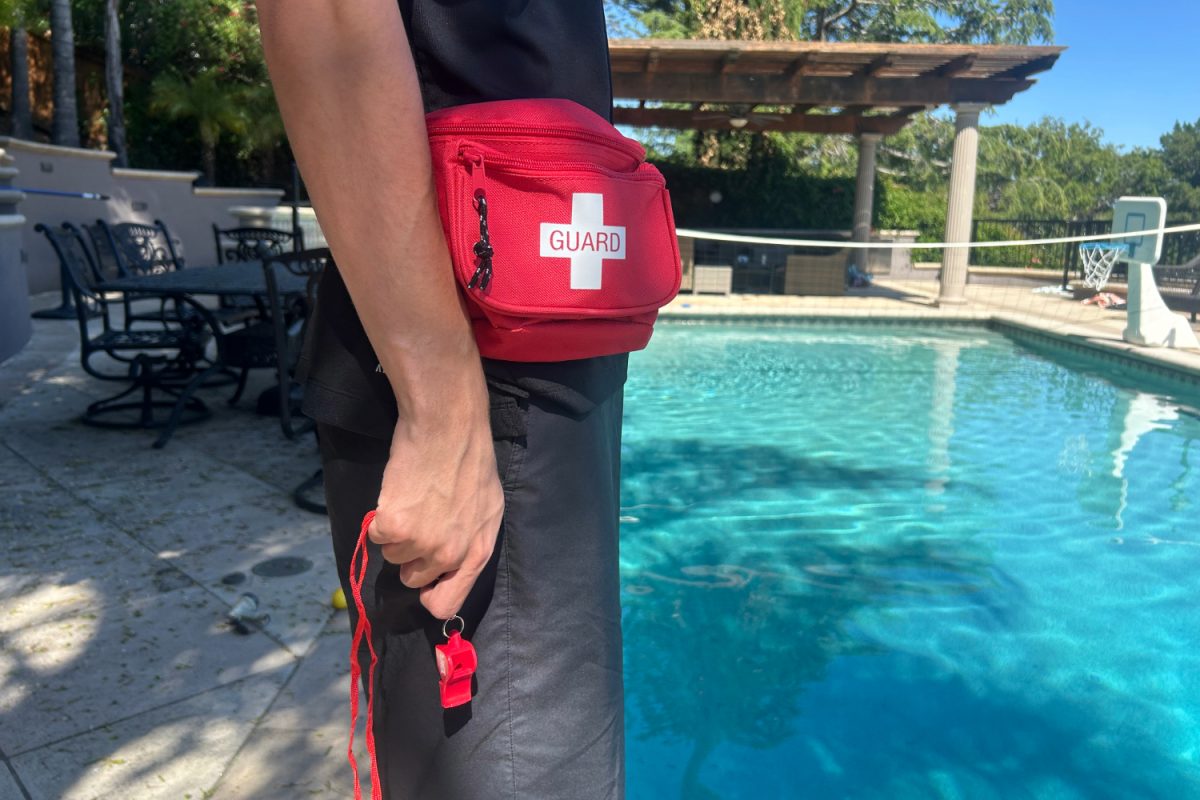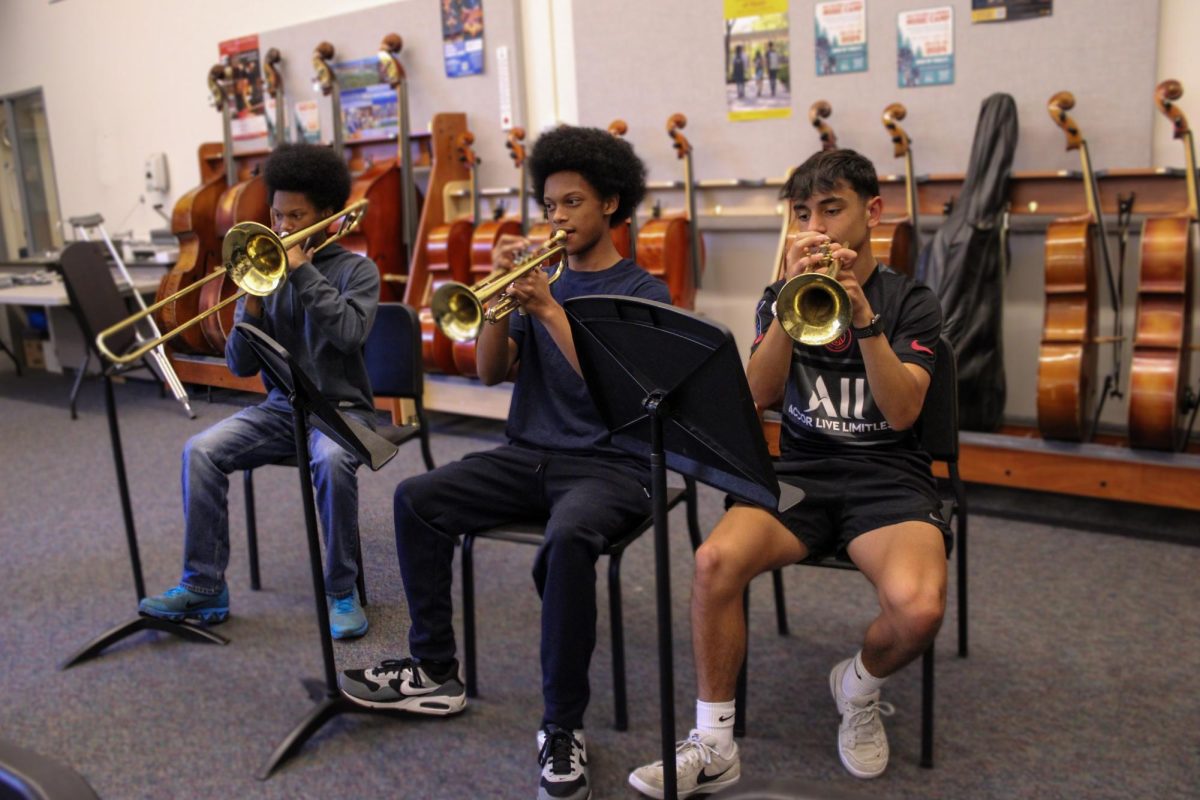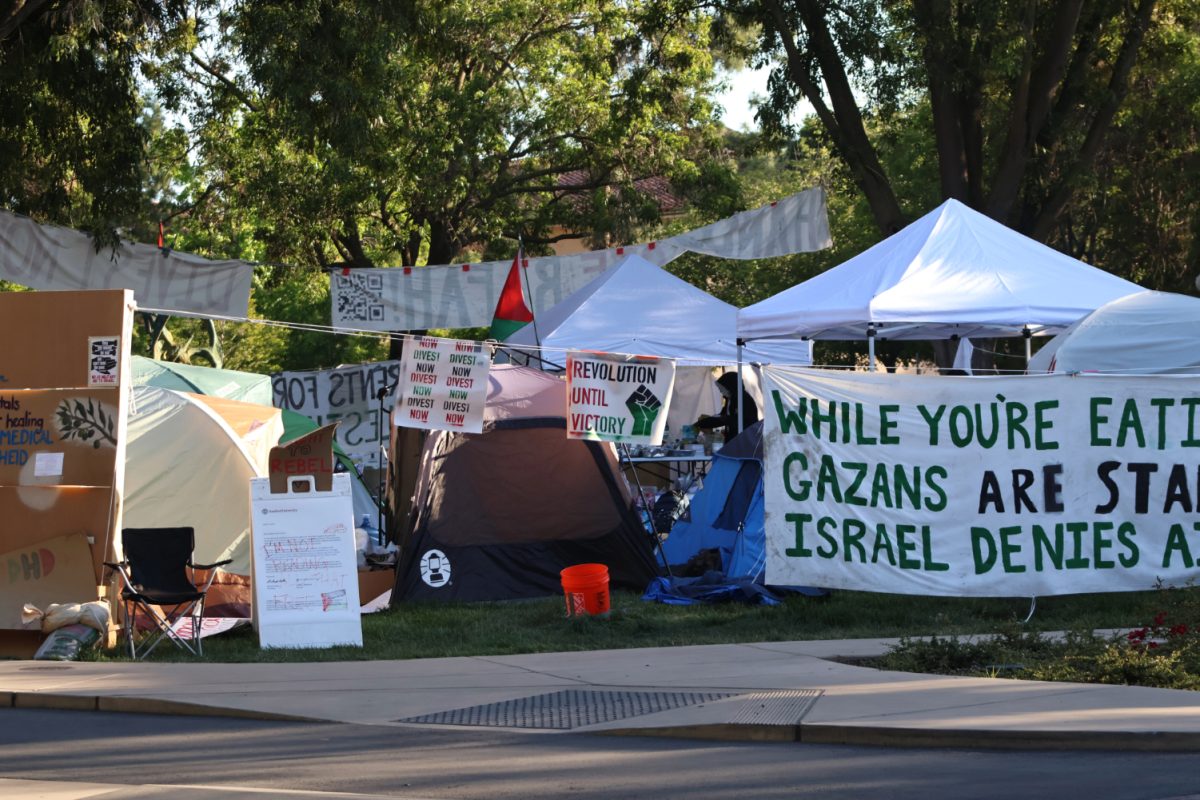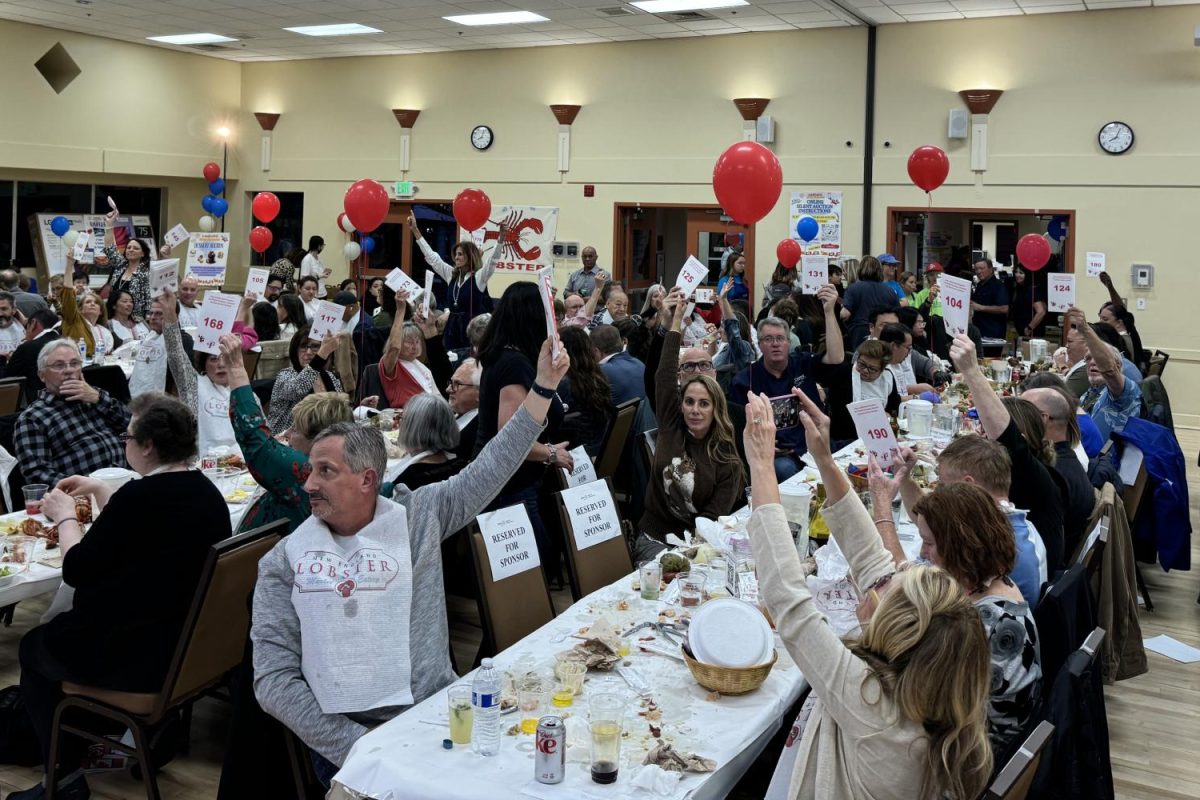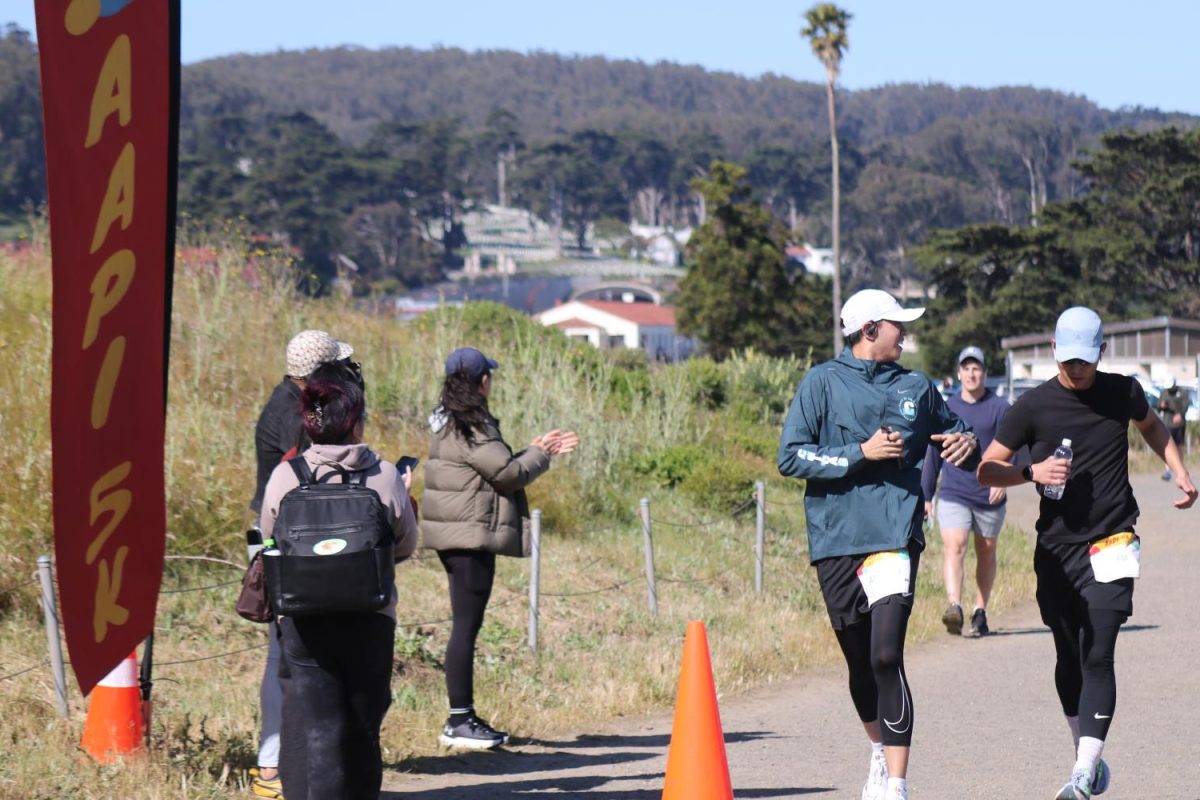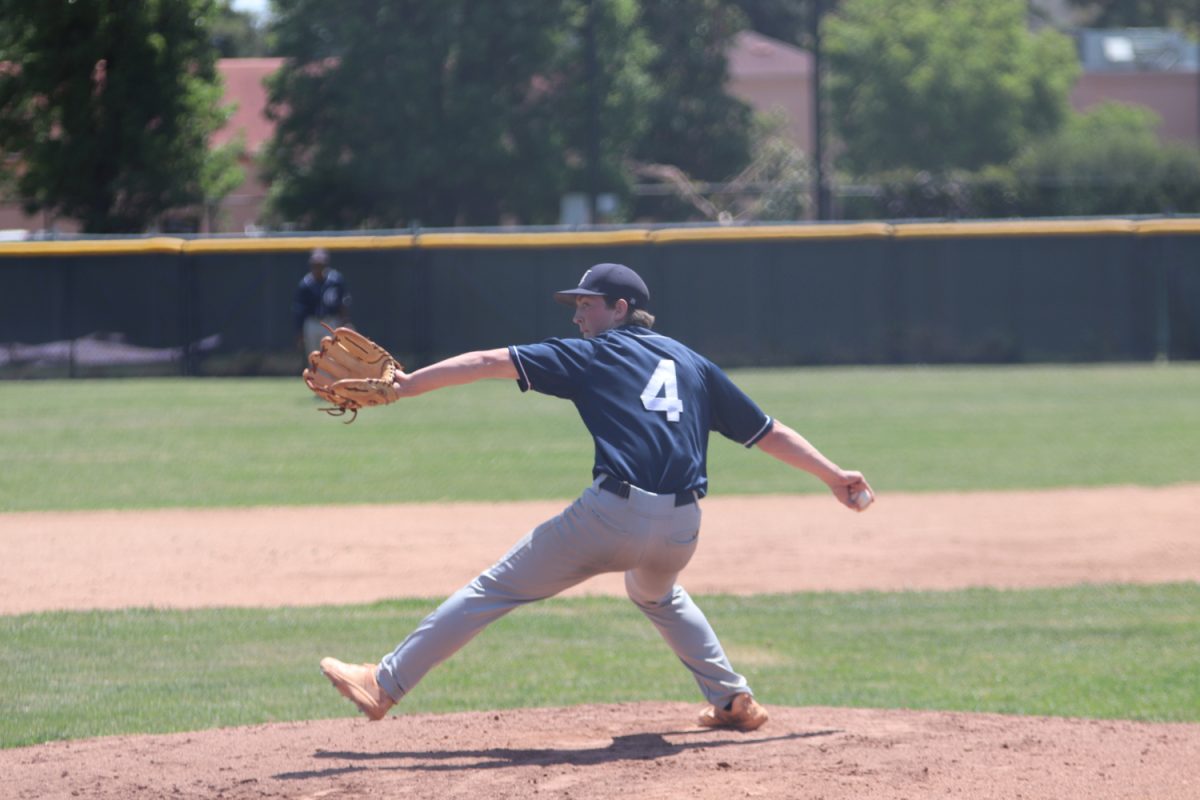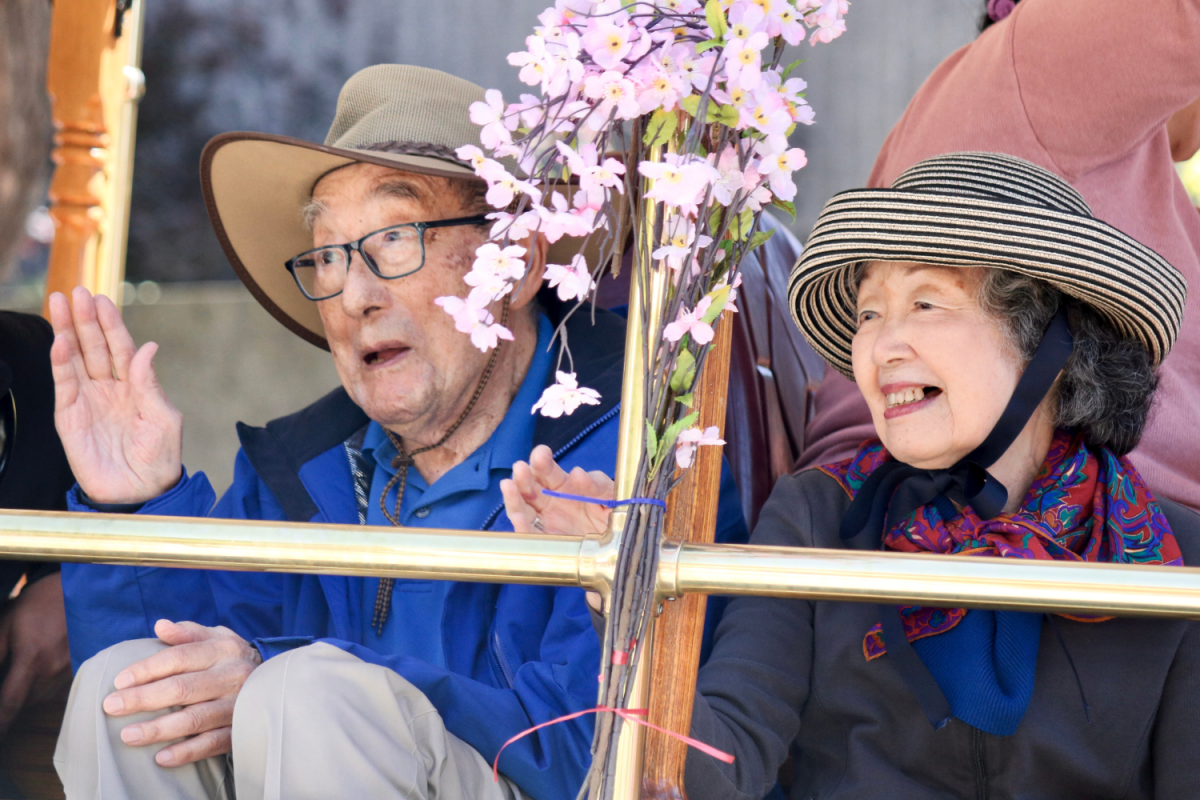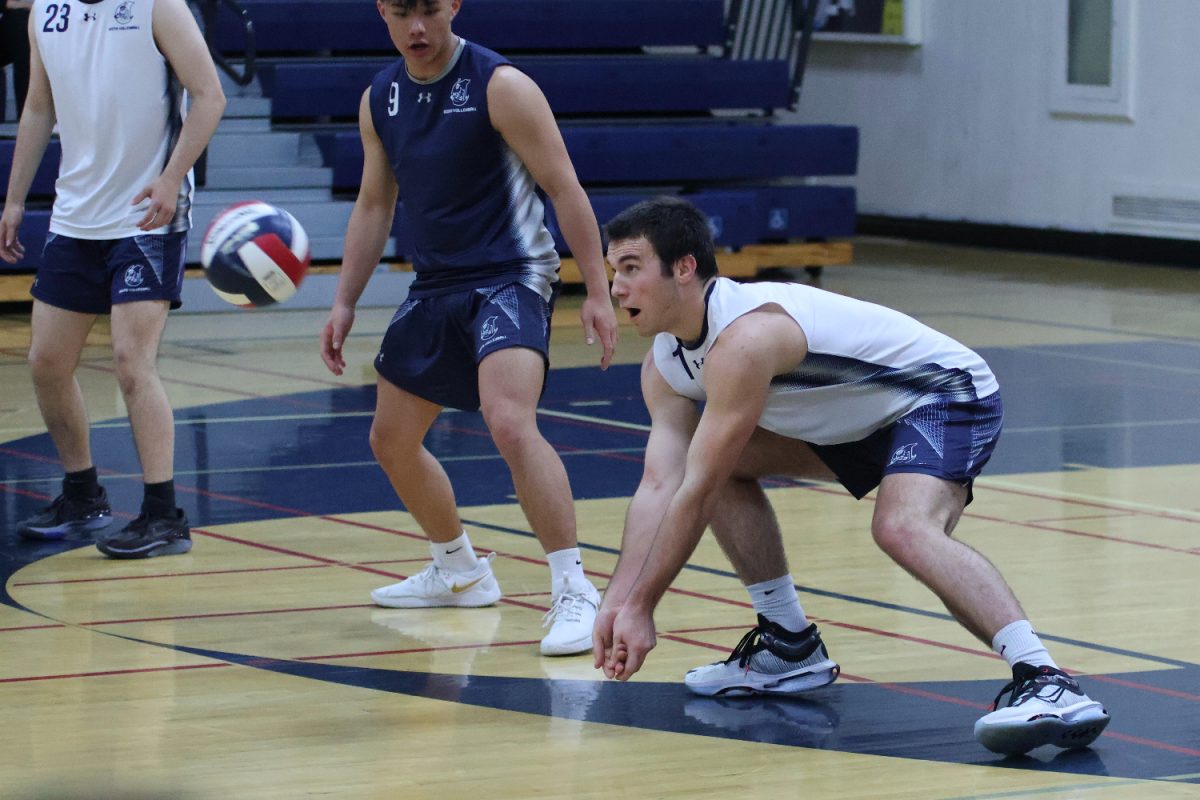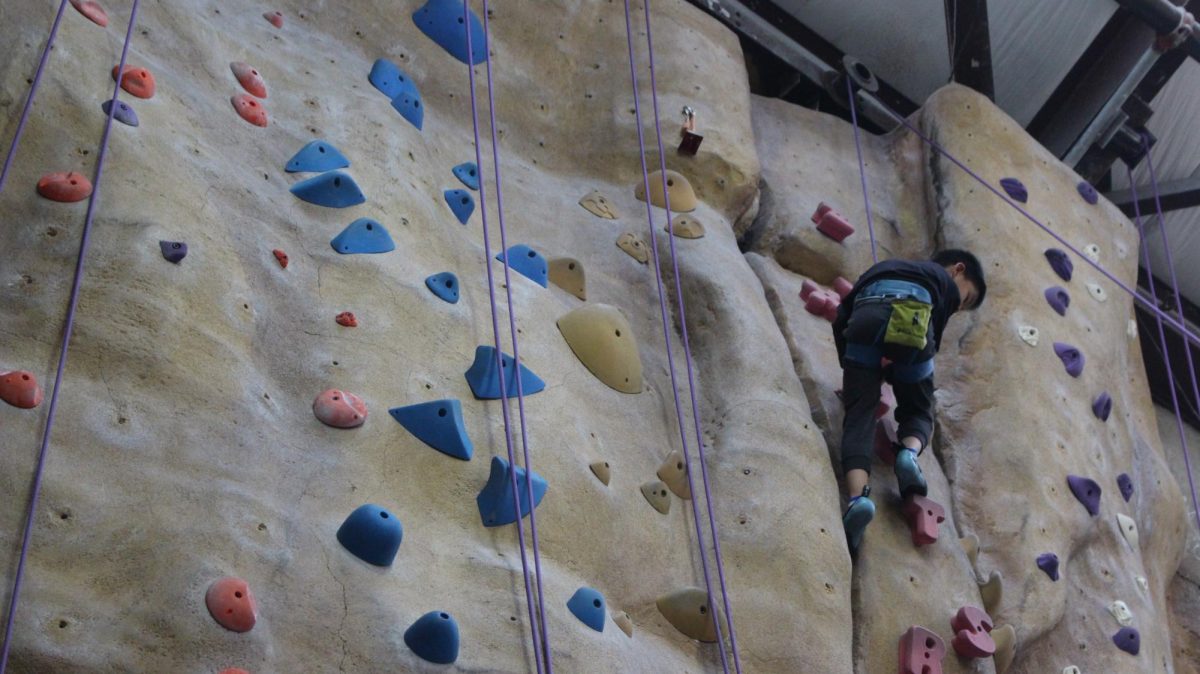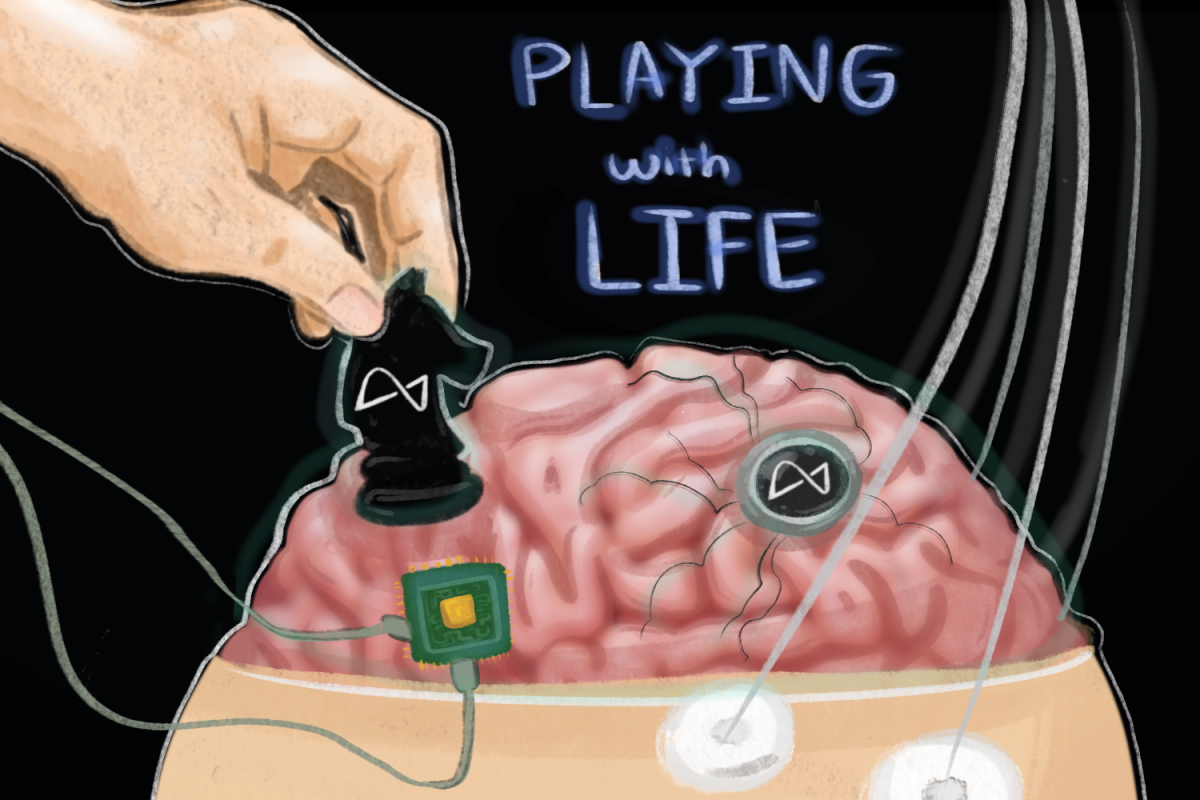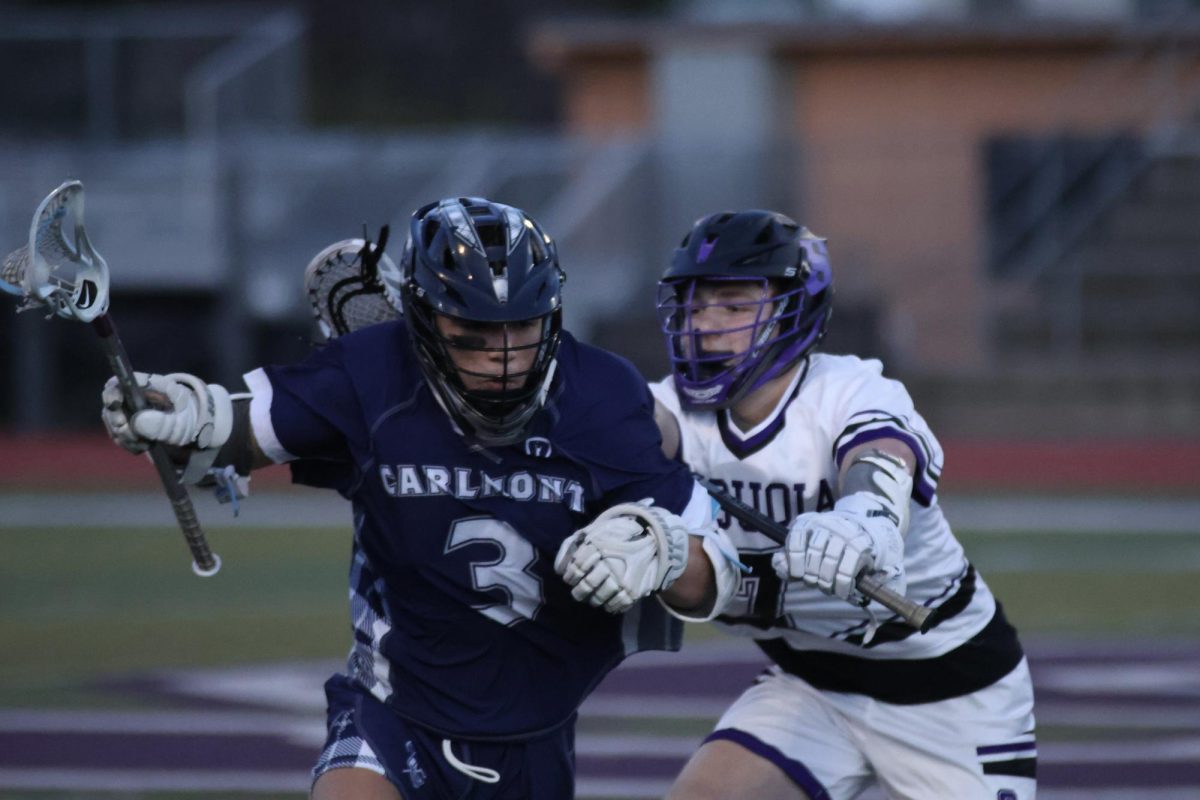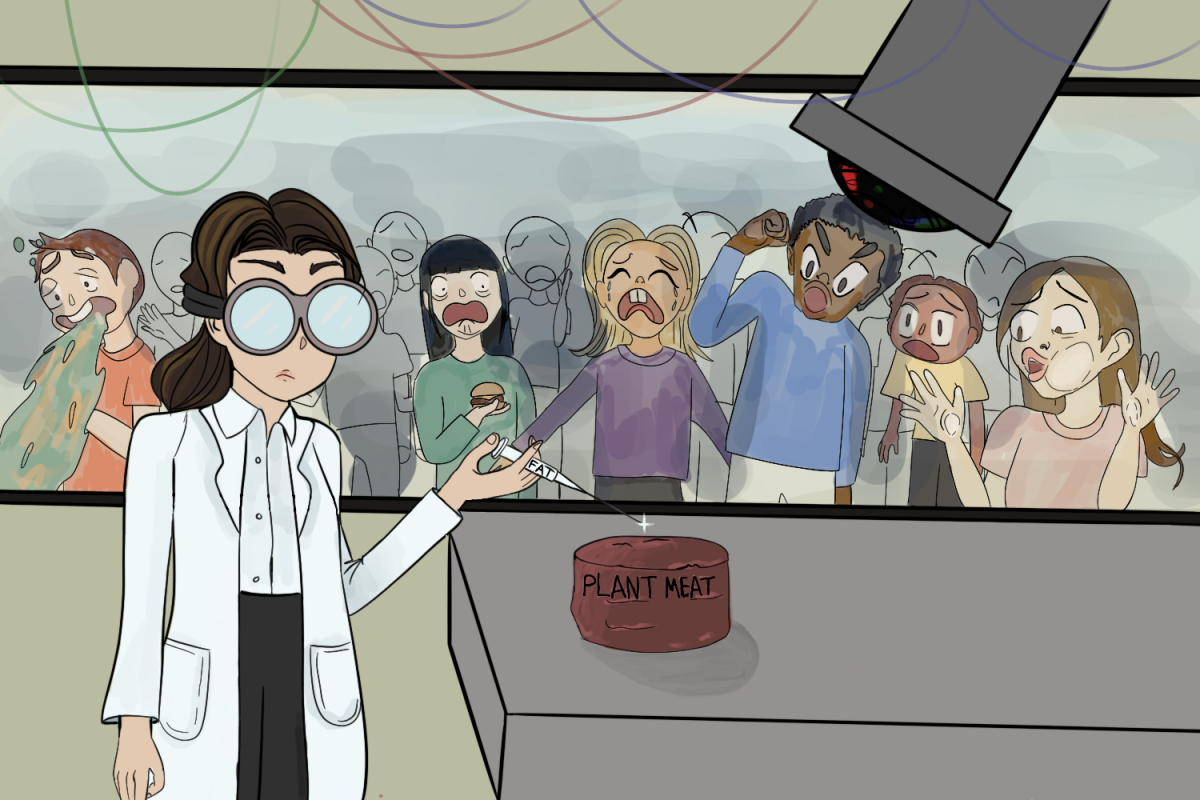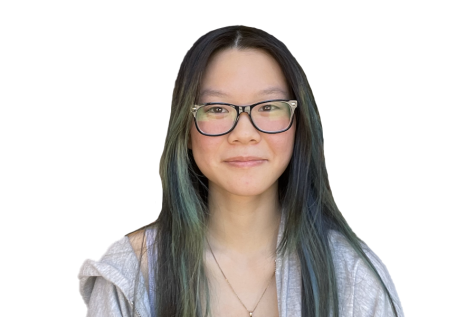Beginning in the 2022-2023 school year, a World History and AP (Advanced Placement) World History will replace the current Carlmont curriculum for sophomores of European History and AP European History.
Because of California’s new requirements, students are required to take ethnic studies to graduate high school. At Carlmont High School, students have to take the class during their freshman year, causing European history to be replaced with world studies, now known as world history.
In World History, students will be required to learn topics mandated by the California framework, starting from around the 17oos to the present day. For AP World History, students will have a multi-civilization focus from the 1200s to the present day.
Jayson Waller, head of the history department at Carlmont, believes that the European History and World History courses are great courses to be taught in the 10th grade. However, because of his familiarity with teaching the European History curriculum, he prefers to teach the European History course over World History.
“My personal preference [between AP World History and AP European History] is AP European History because I’ve taught it before. I know the scope and sequence of the curriculum. I’m familiar with the textbook. I’ve done it for eight or nine years. For AP World History, I have none of those things. It’s a brand new adventure which is kind of exciting, but it also means we don’t know what the endpoint is going to be,” Waller said.
According to Waller, due to the unfamiliarity of teaching a world history class, students will have to be the guinea pigs for teachers to master teaching the curriculum for two to three years.
“From my 18 years of experience in teaching, I can say that I am a lot better at teaching AP European history in year nine than I was in year one,” Waller said.
Many students also favor the European history curriculum over the world history curriculum as students can learn about a specific subject more in-depth.
“[World History] has too much to cover in any depth, and I would prefer exploring one location and time-period in-depth than briefly learning many topics that are only loosely related,” said Adam Zweiger, a junior at Carlmont.
However, other students express their enthusiasm about the change in history class curriculum, allowing the exposure of learning a large part of the world.
“I think World History is better than European History because rather than focusing on one part of the world, we learn more knowledge from all aspects and all different parts of culture and experience,” Alexandrea Li, a junior at Carlmont, said.
Overall, many students and teachers are uncertain about the outcome but are ready for the change.
“I know exactly what to expect, and I can do it very well with European history. I will do my best to do the same thing with world history,” Waller said.

